Teaching Assistant Positions Available, Multiple BIOS Courses
Category : Student Opportunities
Teaching assistants (TA) are graduate student employees who under the direct supervision of faculty/instructors, prepare and deliver course materials related to delivering instruction for a course. These activities include grading papers, leading discussion sessions, conducting laboratory exercises, hosting office hours,and keeping class records. It is also an expectation a TA will obtain teaching and leadership skills, gain an increased understanding of the discipline and of course earn money while helping your peers!
RESPONSIBILITIES
- 10 hours/week
- Must be reliable and an effective communicator
- Meet with your faculty/instructor routinely to prepare for activities
- If assigned as a TA for BIOS 500 or 501, you are expected to attend the actual lab Responsible for making any copies per the request of the faculty as well as disseminating any information to students
- OFFICE HOURS CANNOT BE 100% ONLINE; must have a balance of hours in-person and a small quantity of online hours.
- Communicate your office hours, includes days and times to the faculty member and ADAP
QUALIFICATIONS
Must be a full-time 2nd year MPH/MSPH or PhD student in good academic standing
Prior completion of the course for which you are assigned with a grade of B+ of higher required or evidence of equivalent academic experience.
TO APPLY
Contact Angela Guinyard, angela [dot] guinyard [at] emory [dot] edu, no later than July 31, 2023. You must be available to begin the position upon the first day of classes, August 23, 2023.
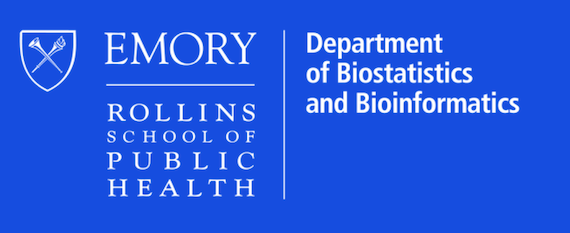
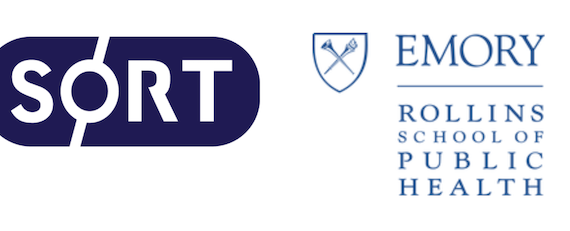
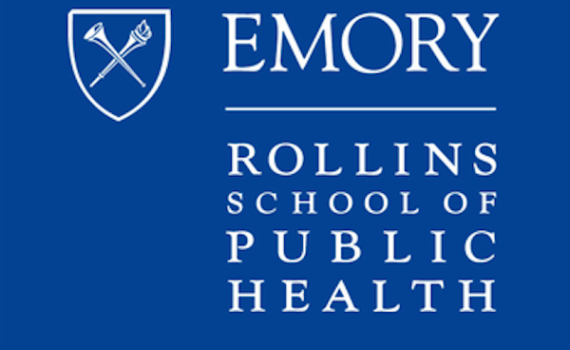
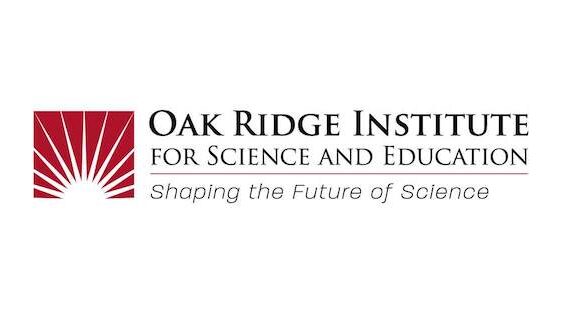
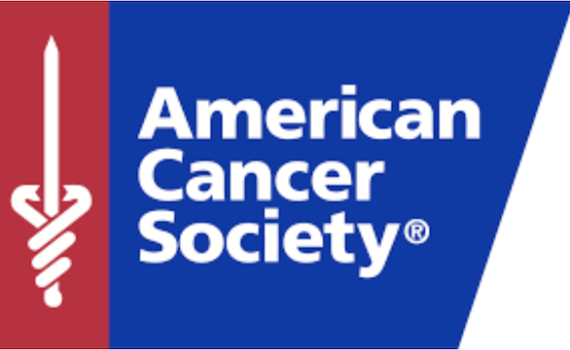
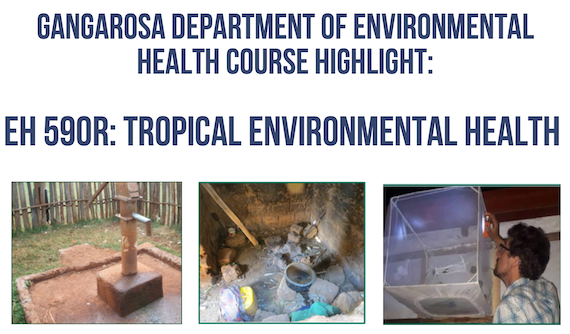
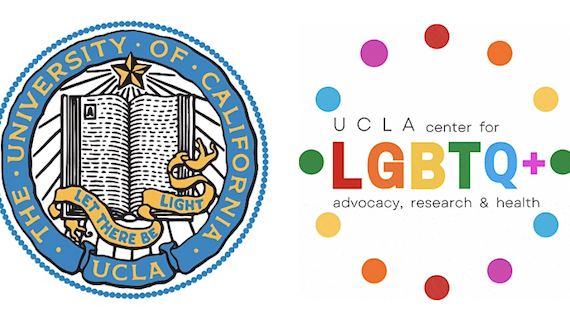
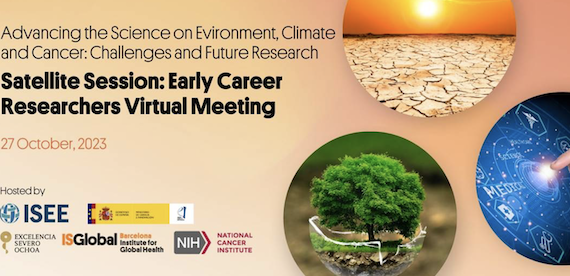
Recent Comments